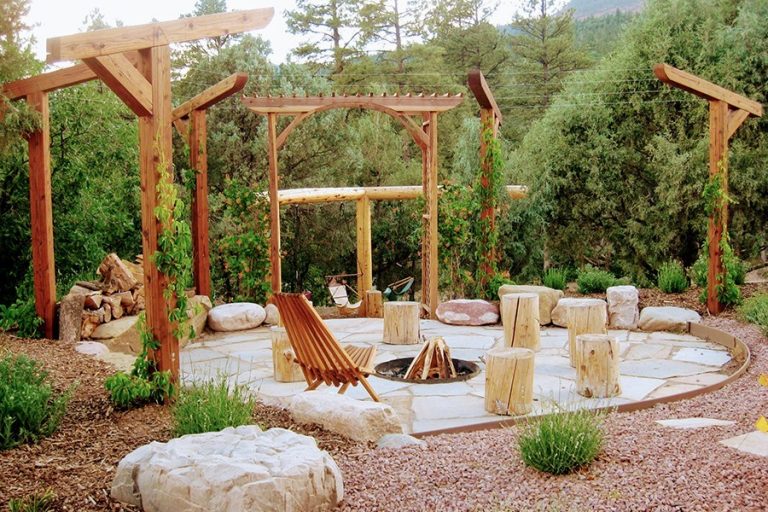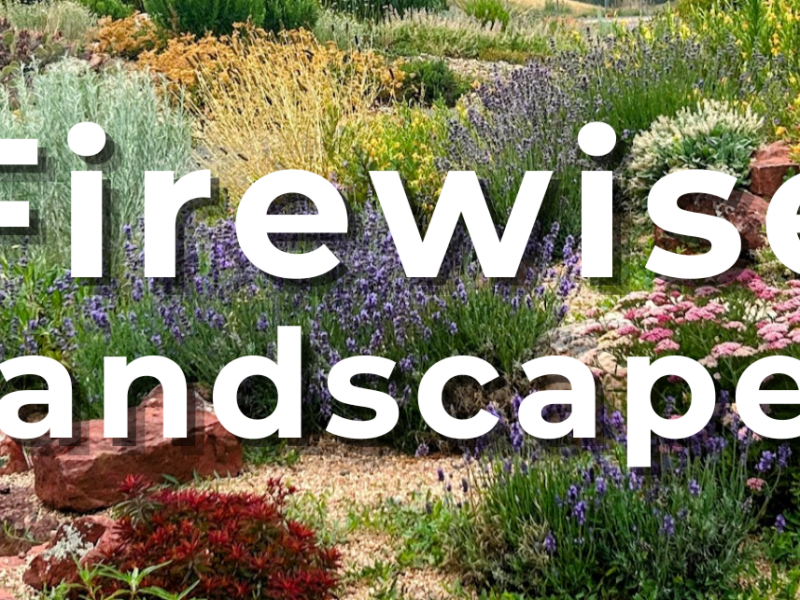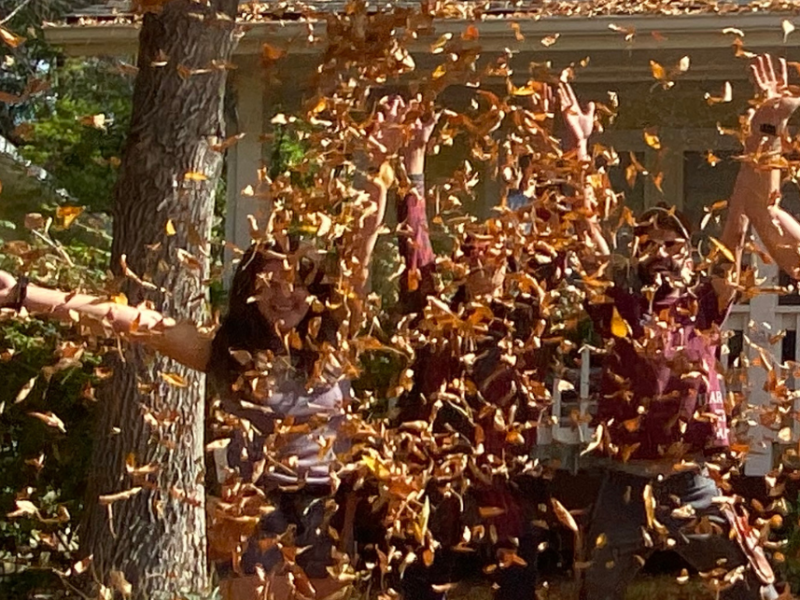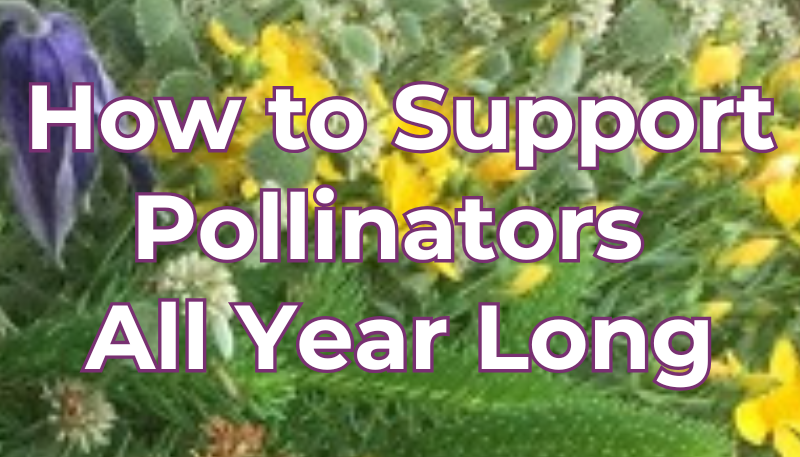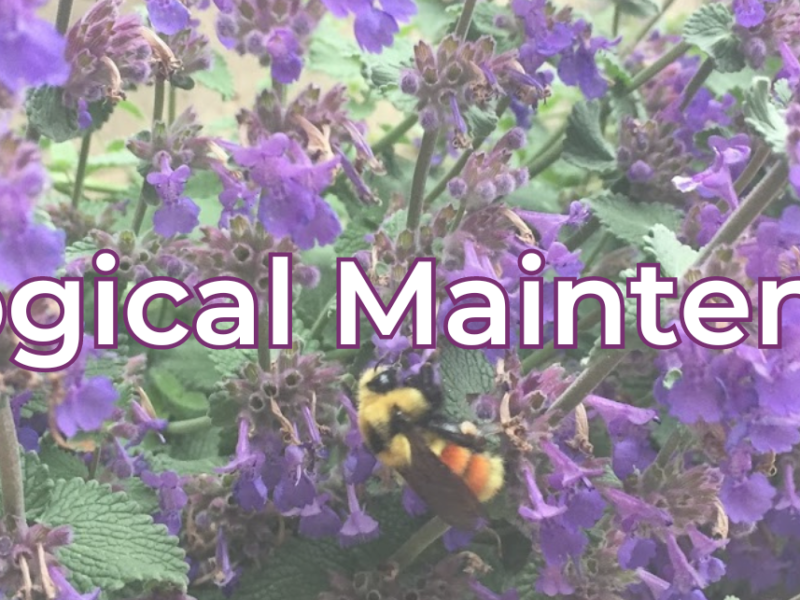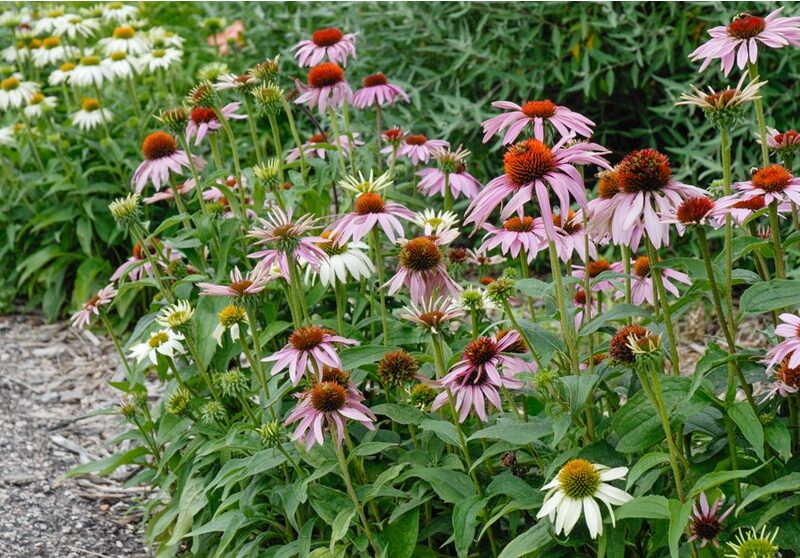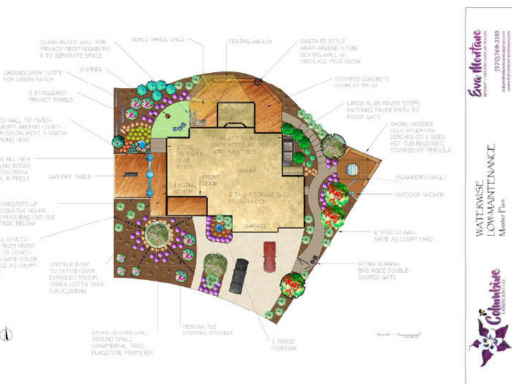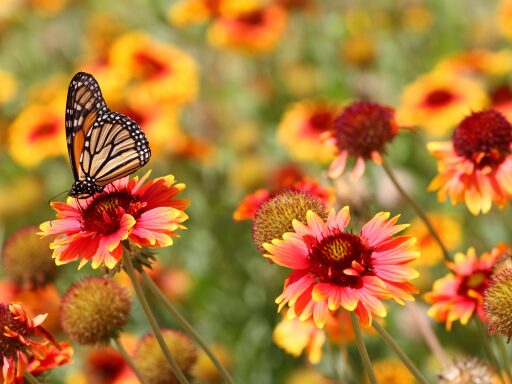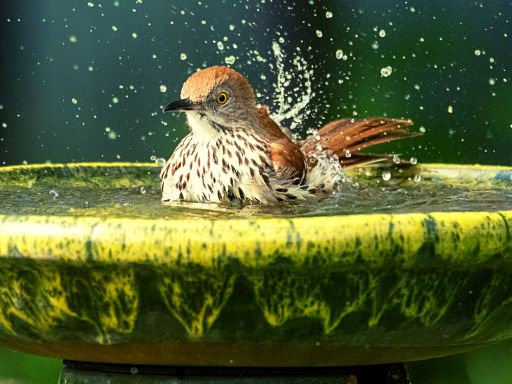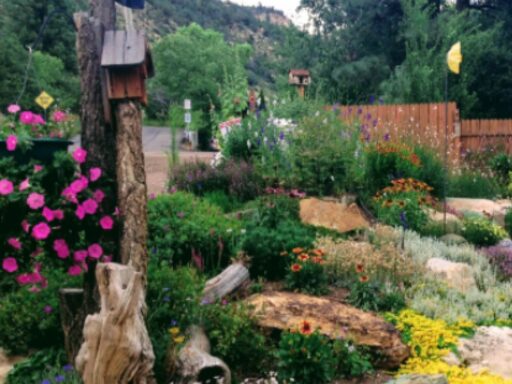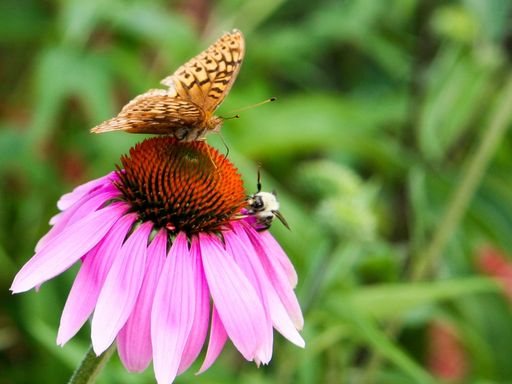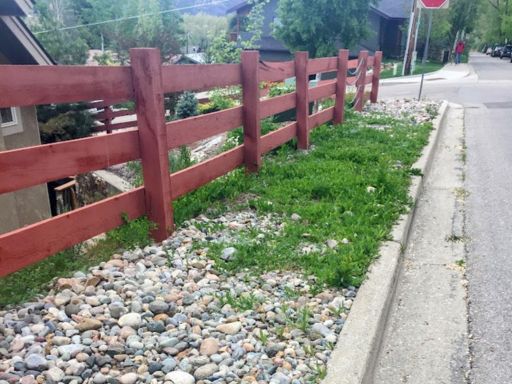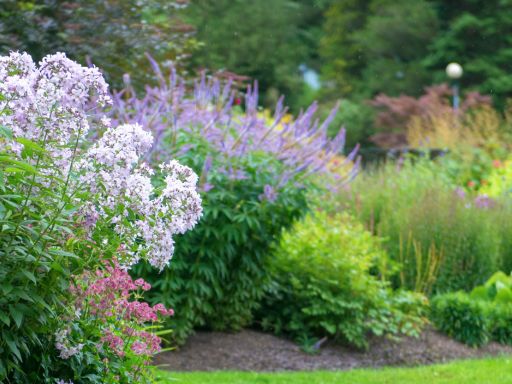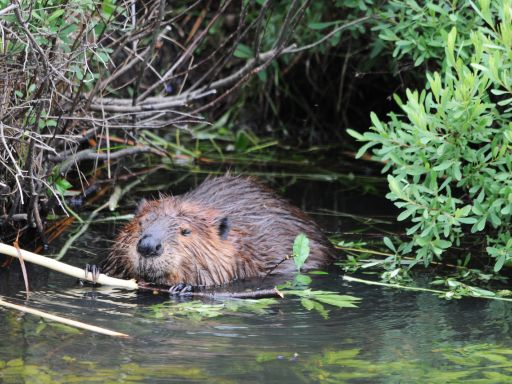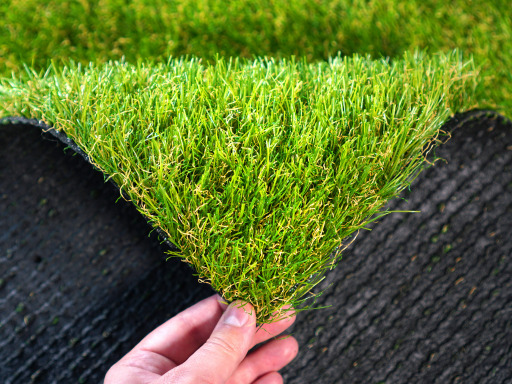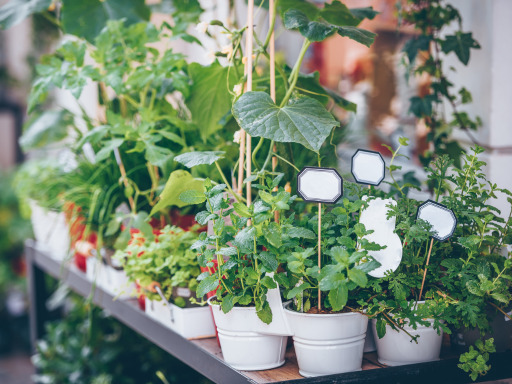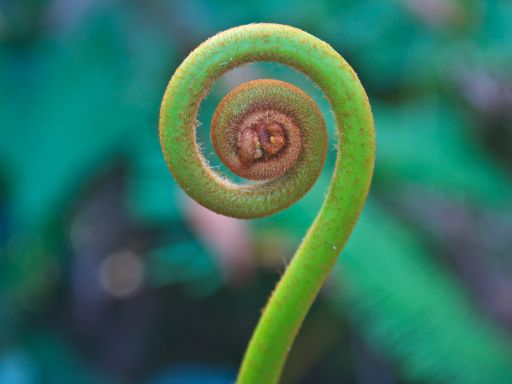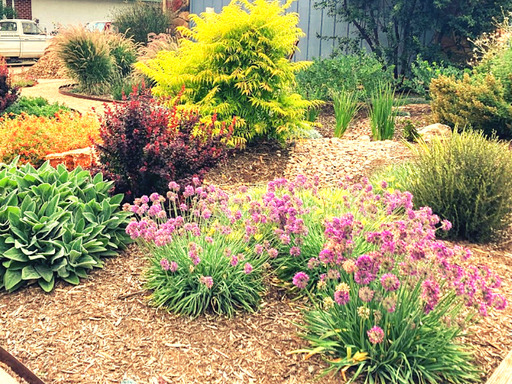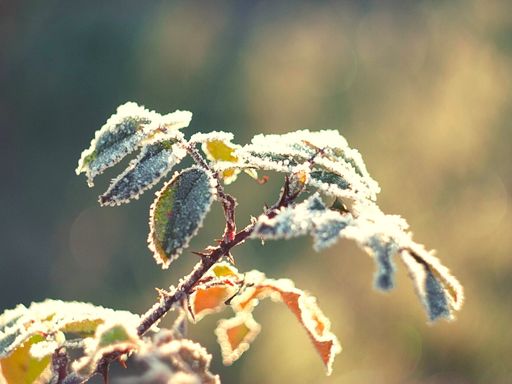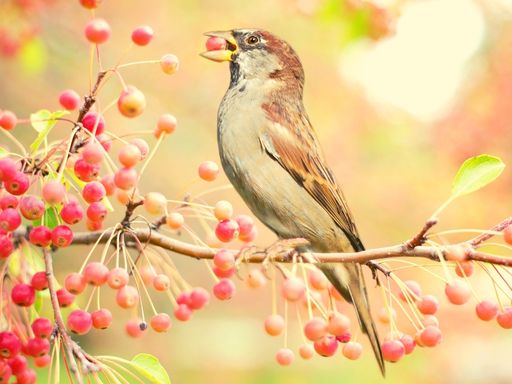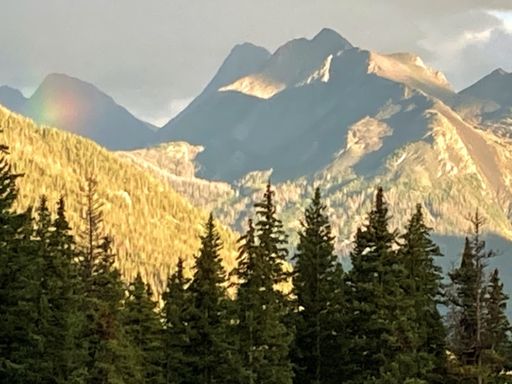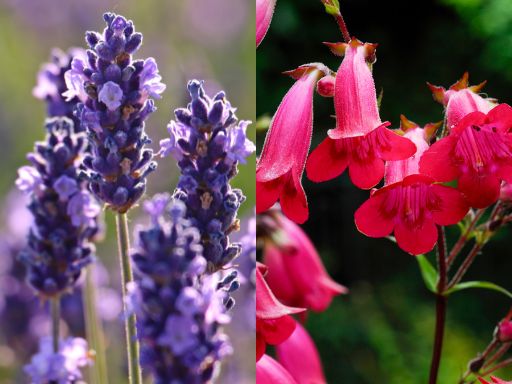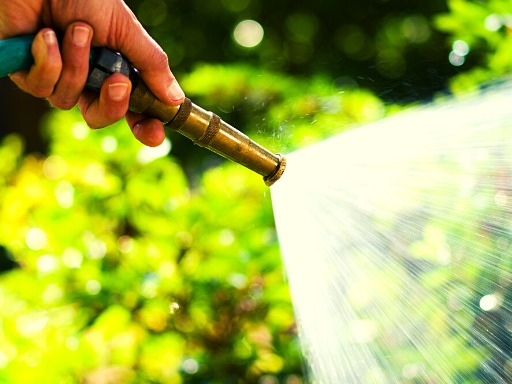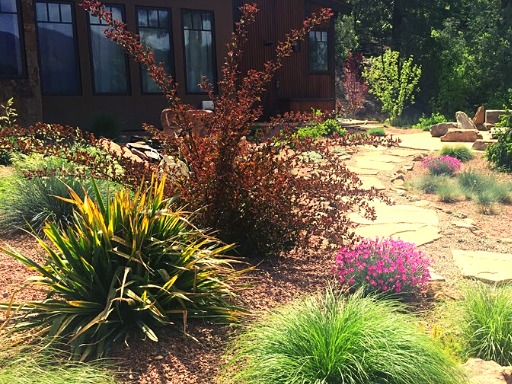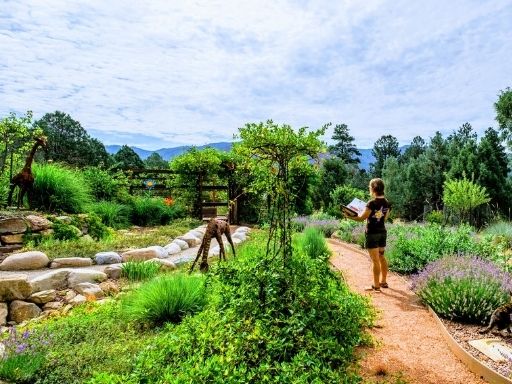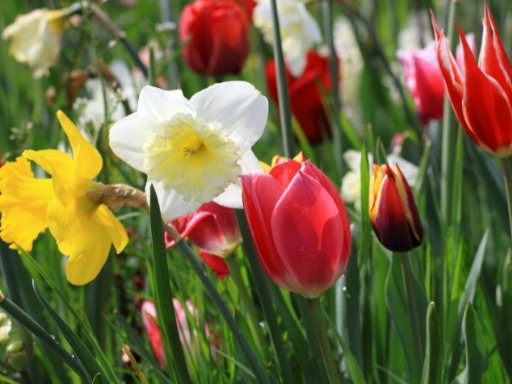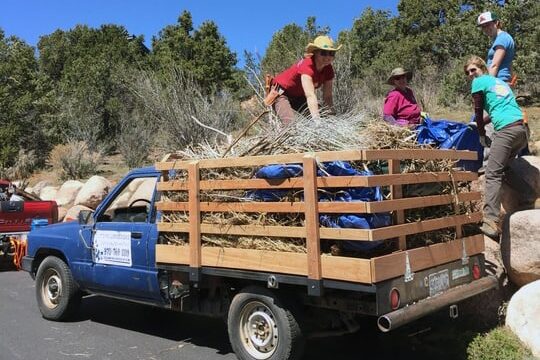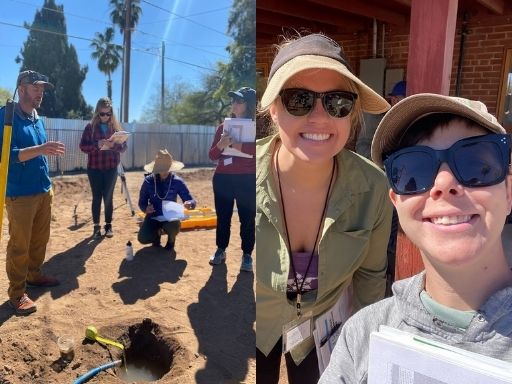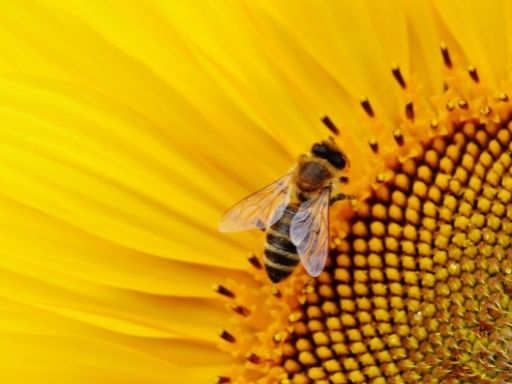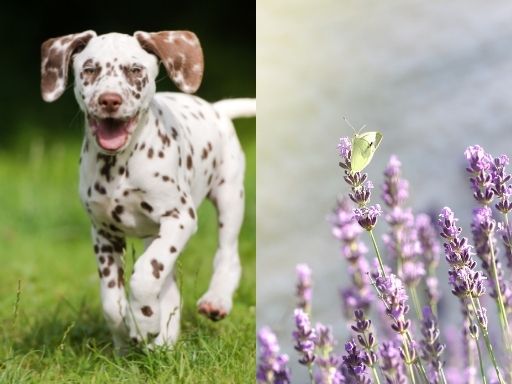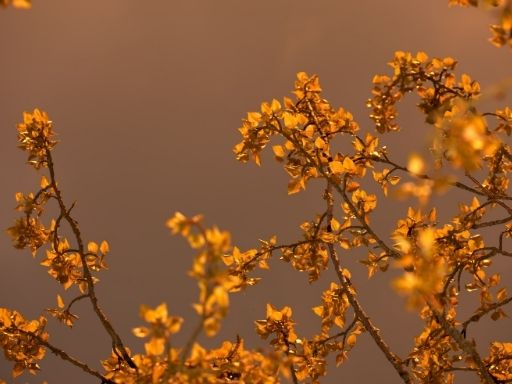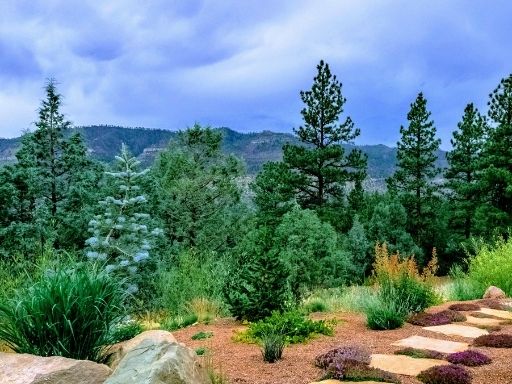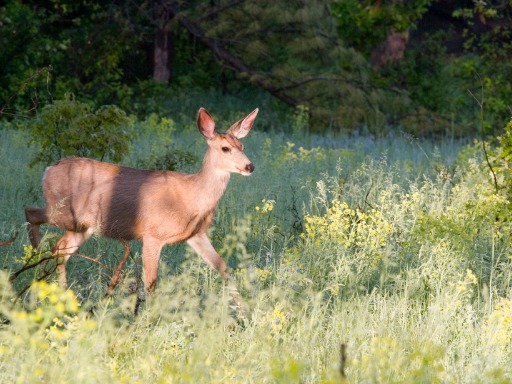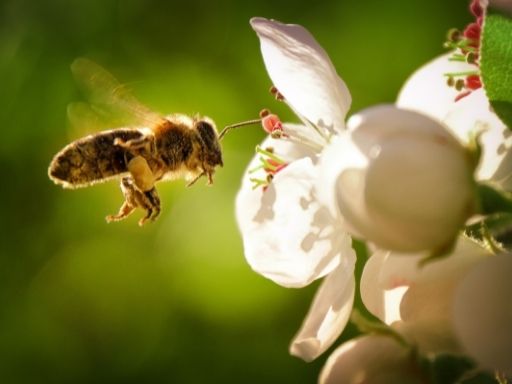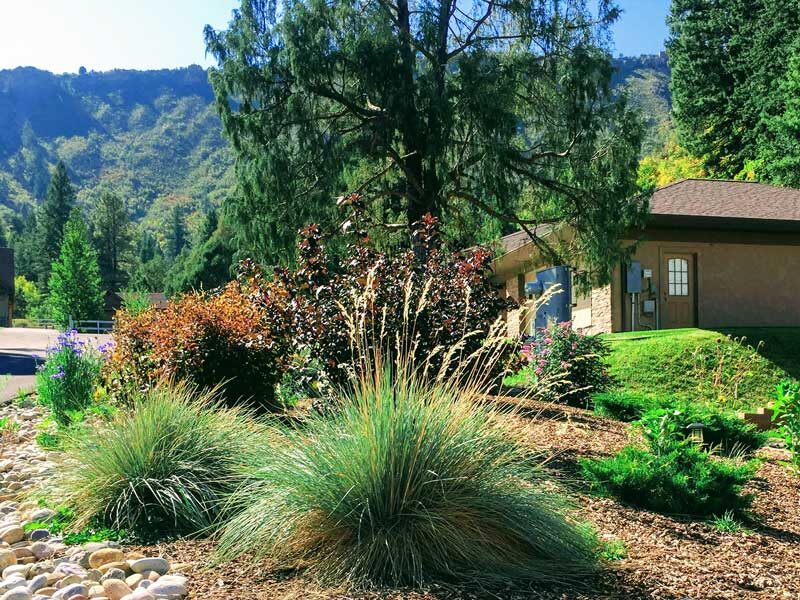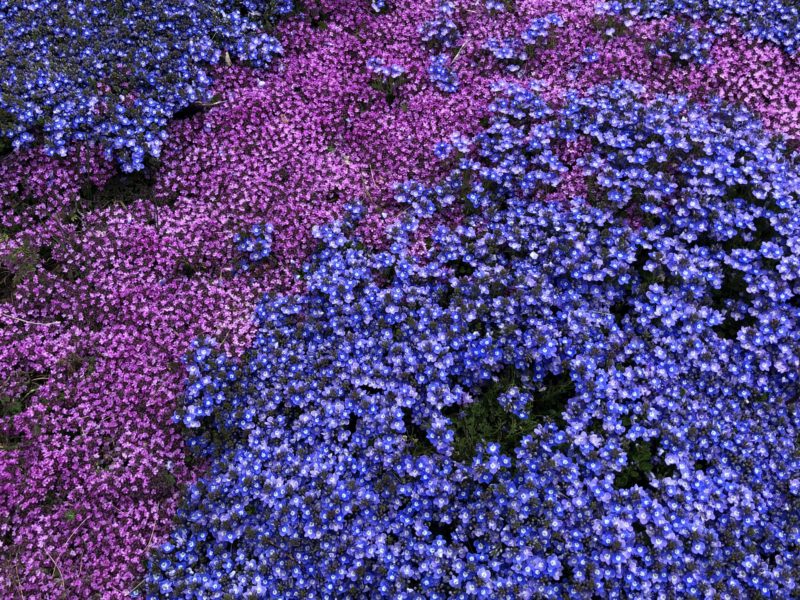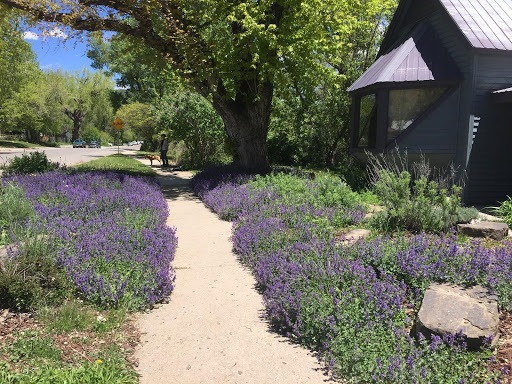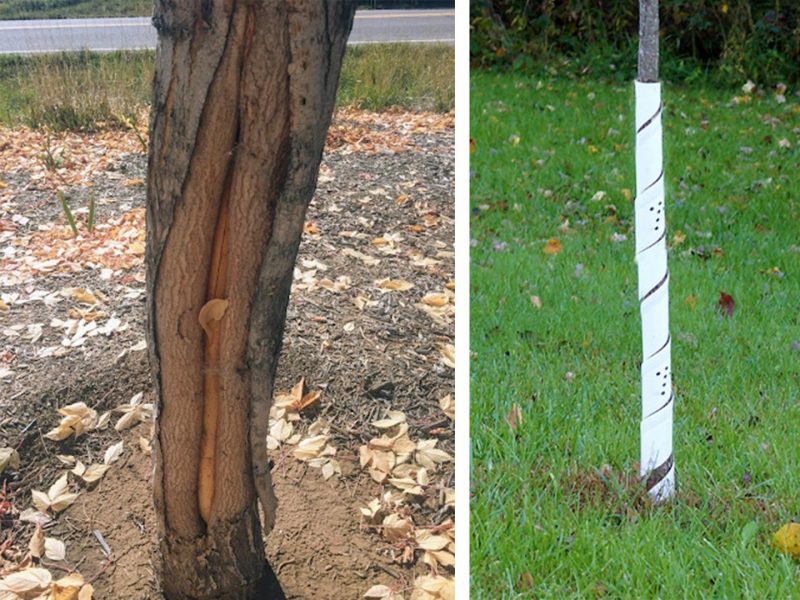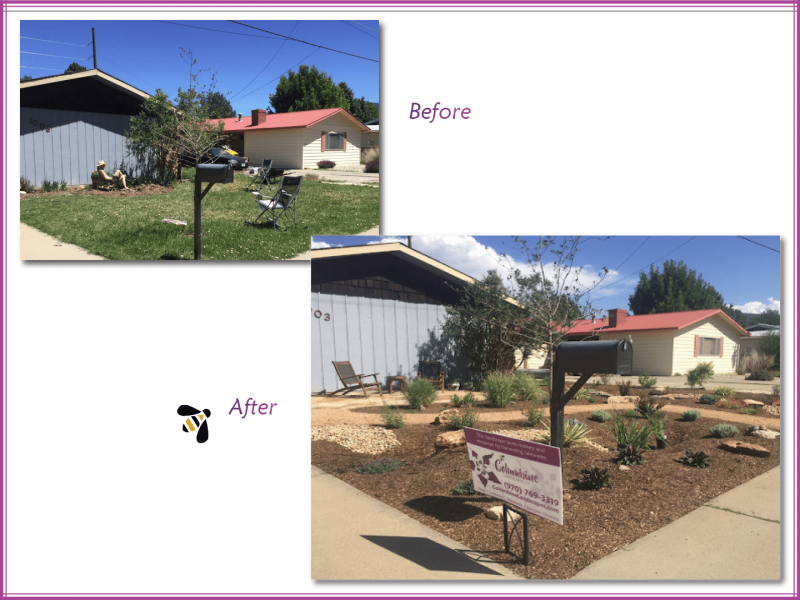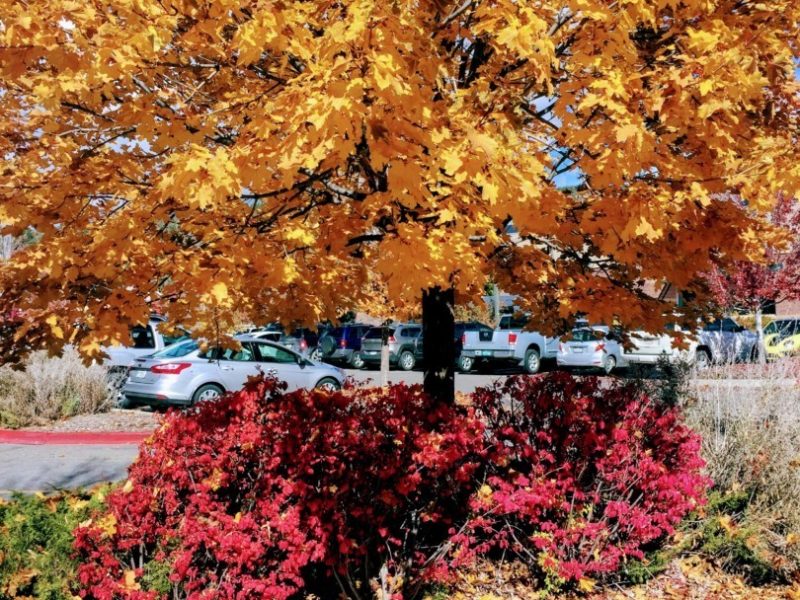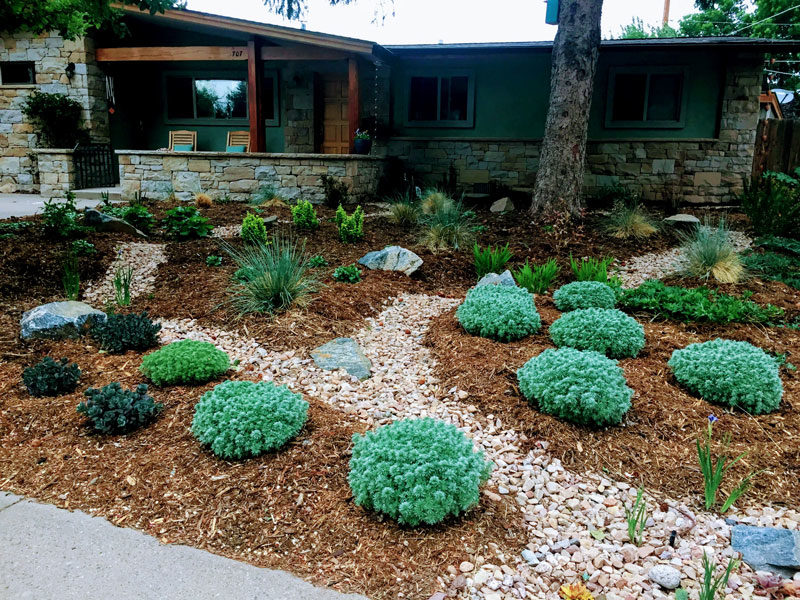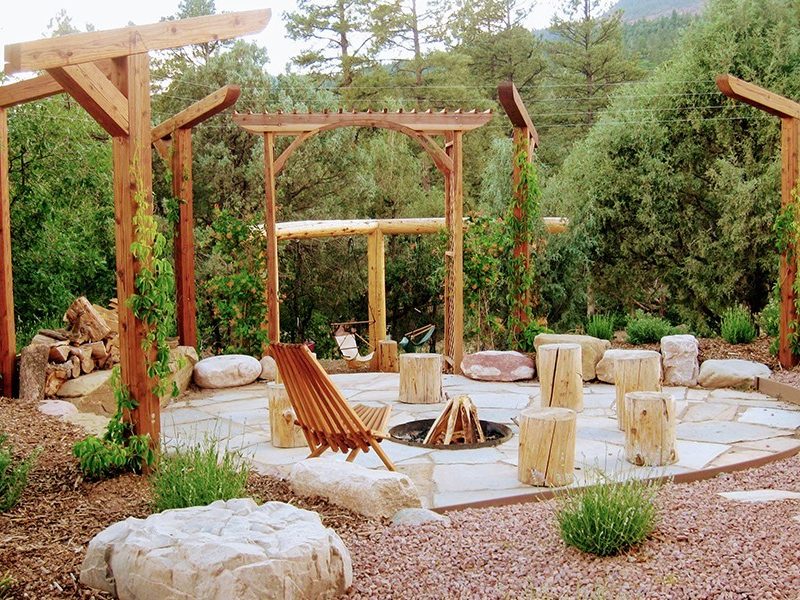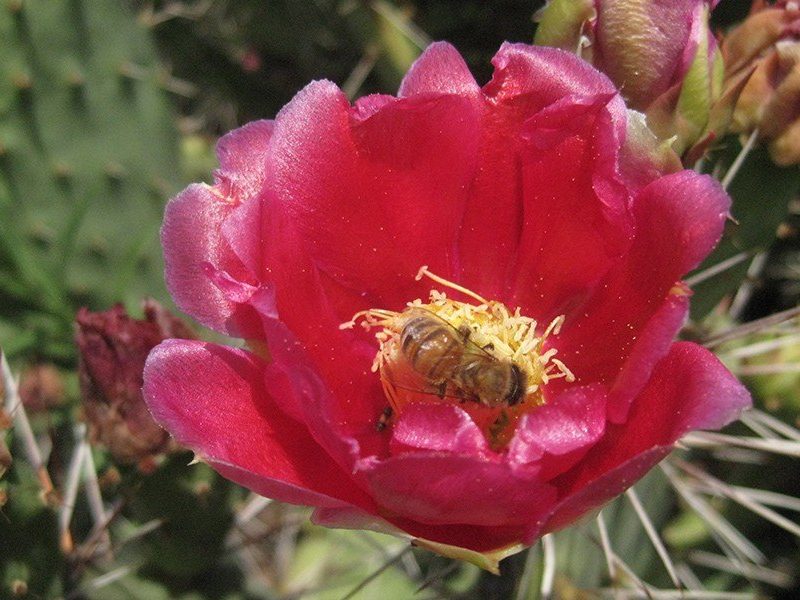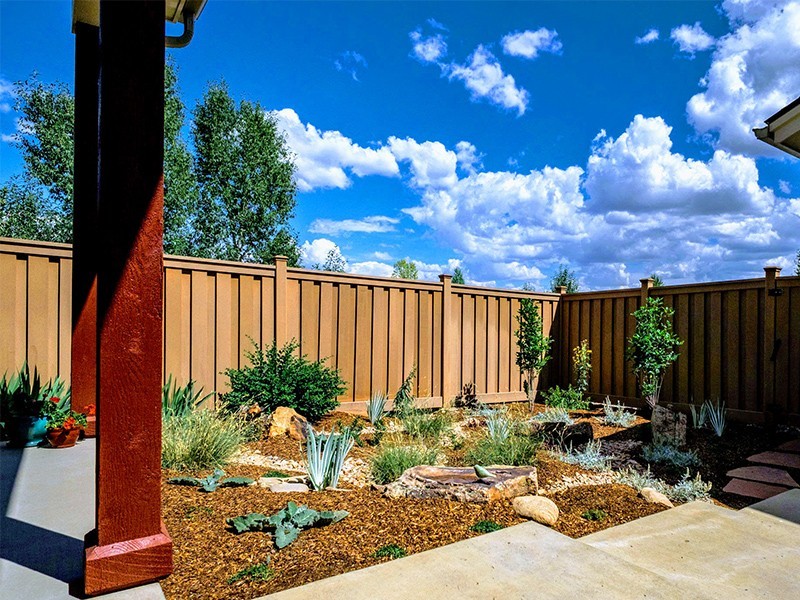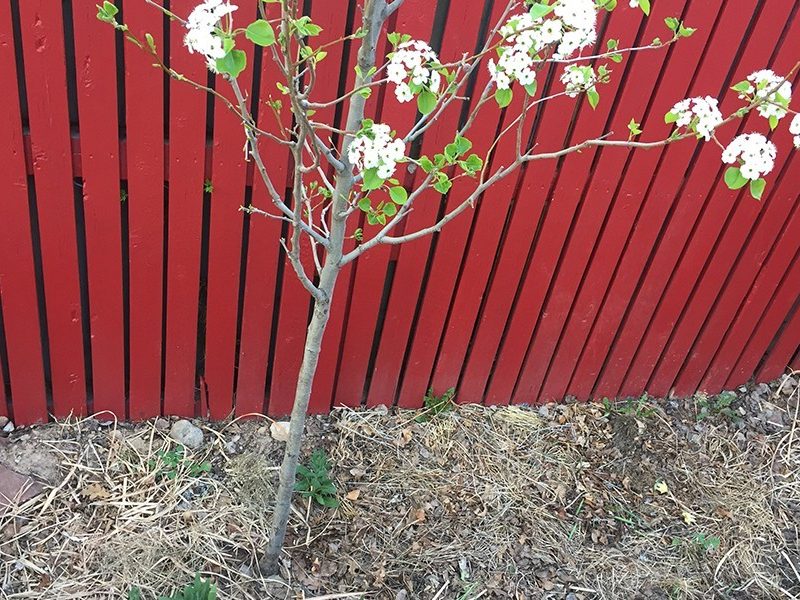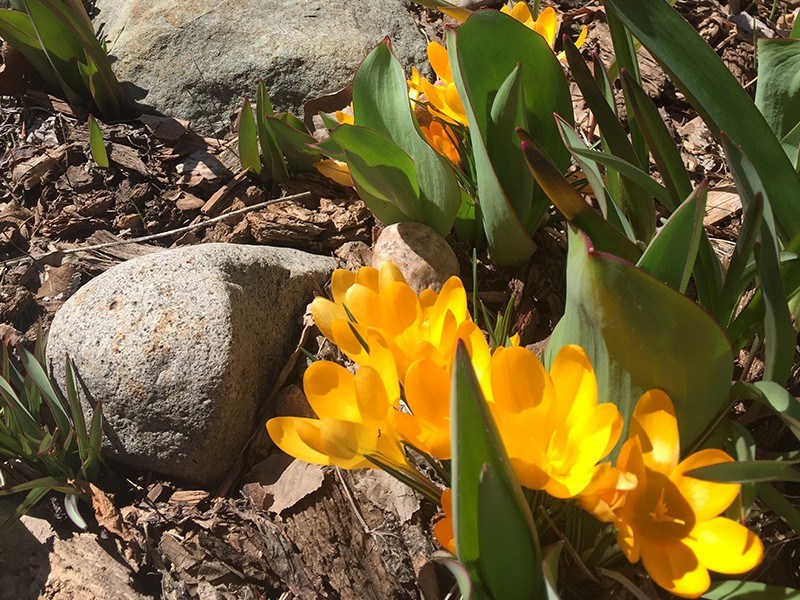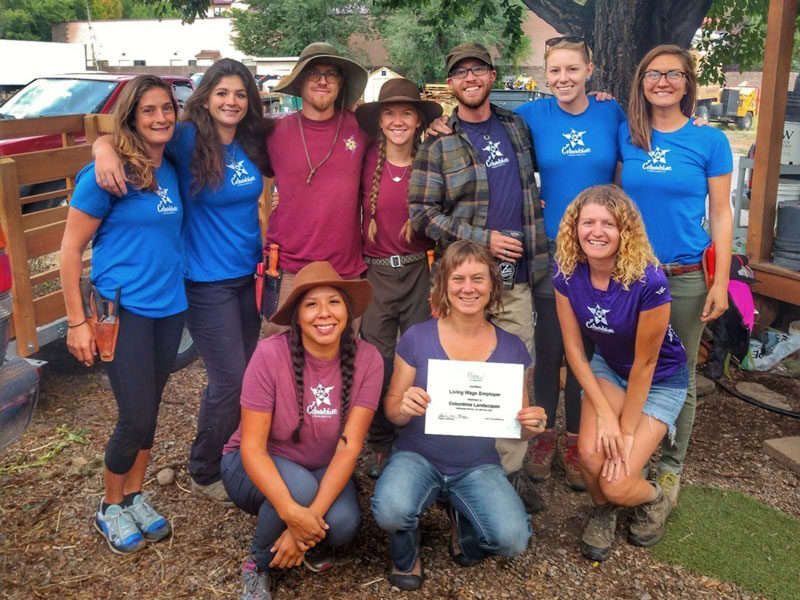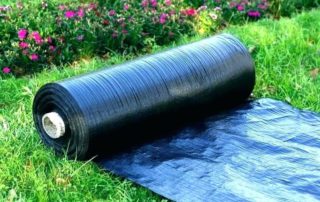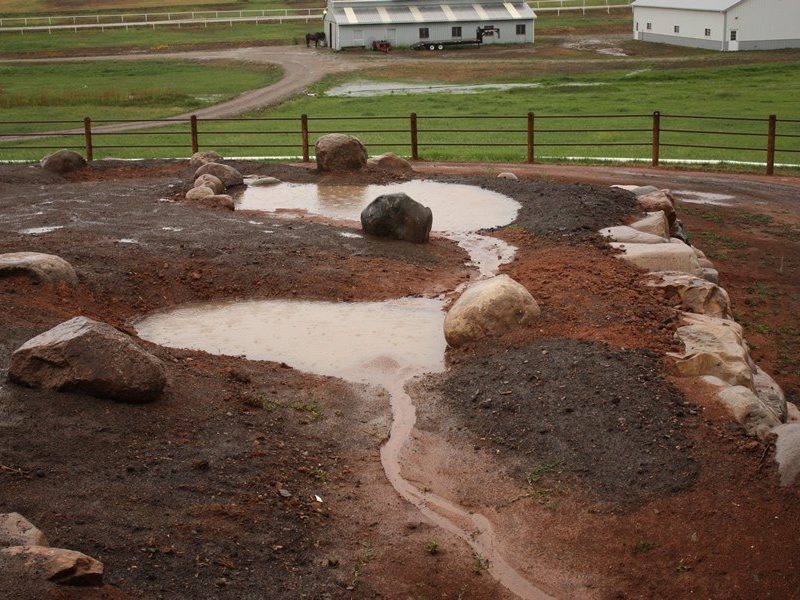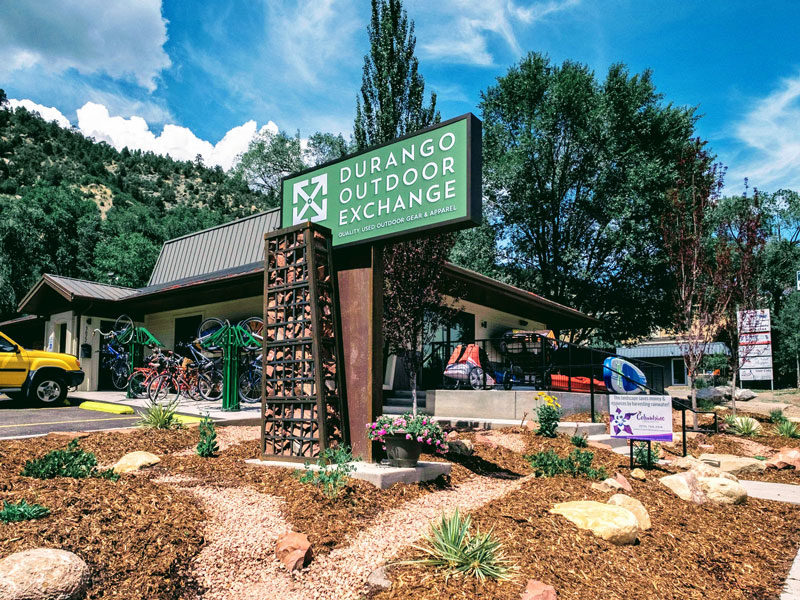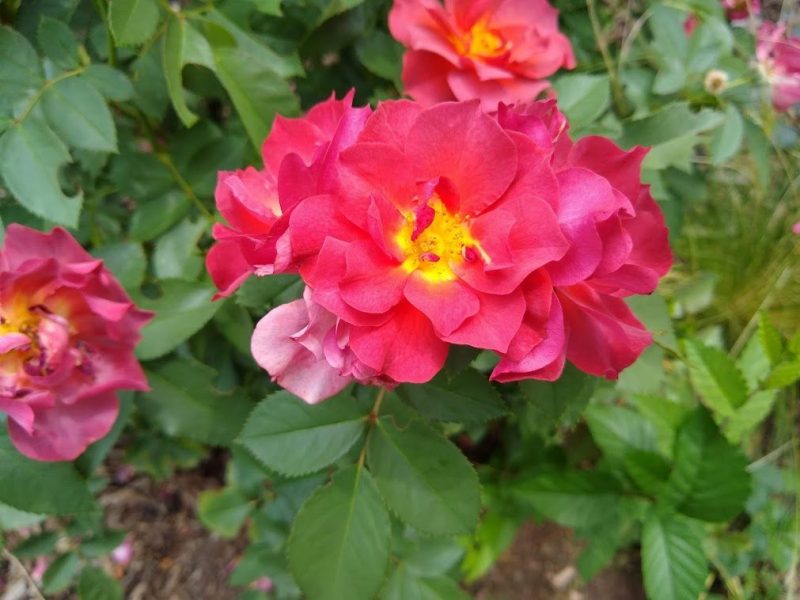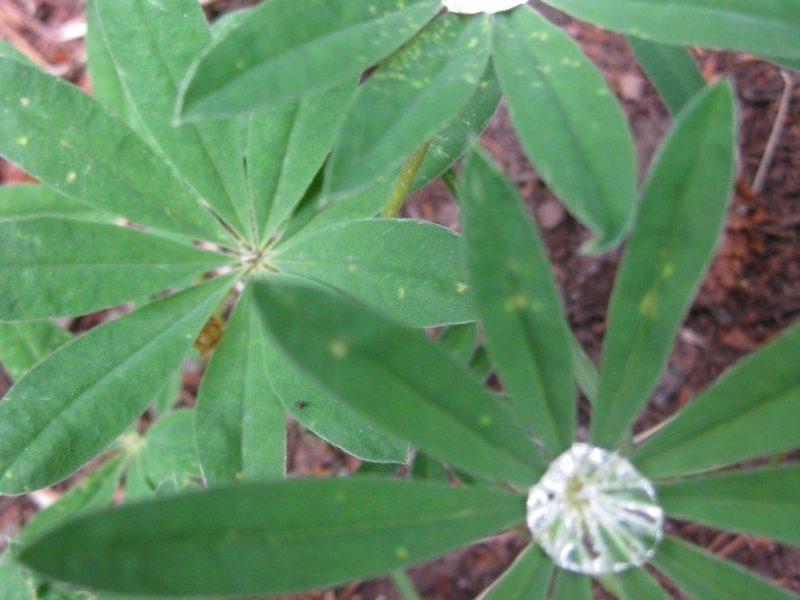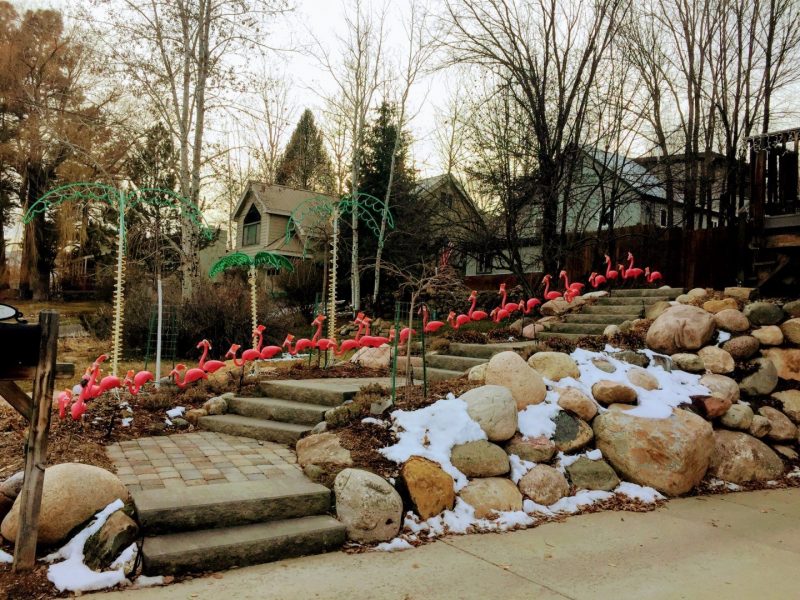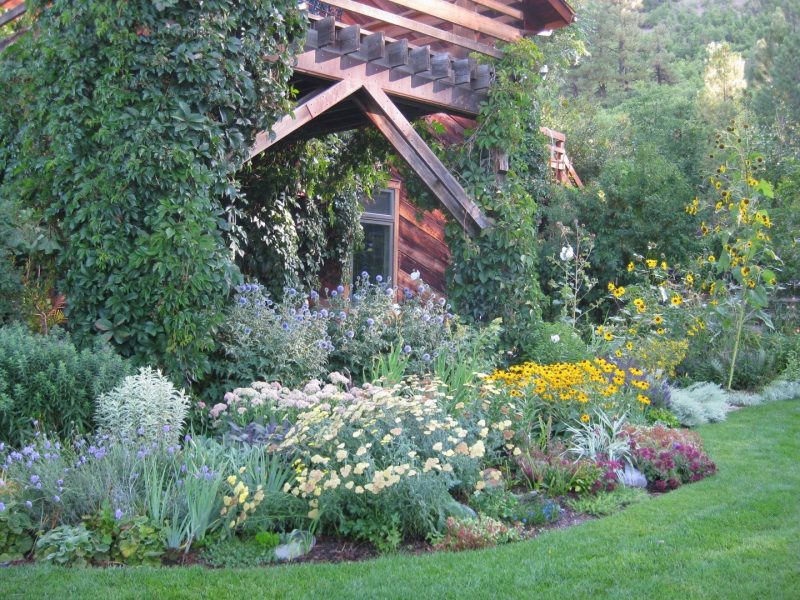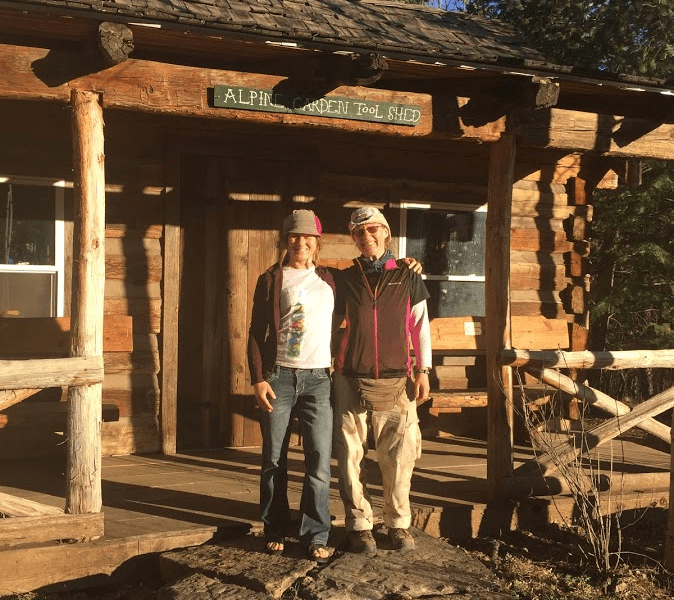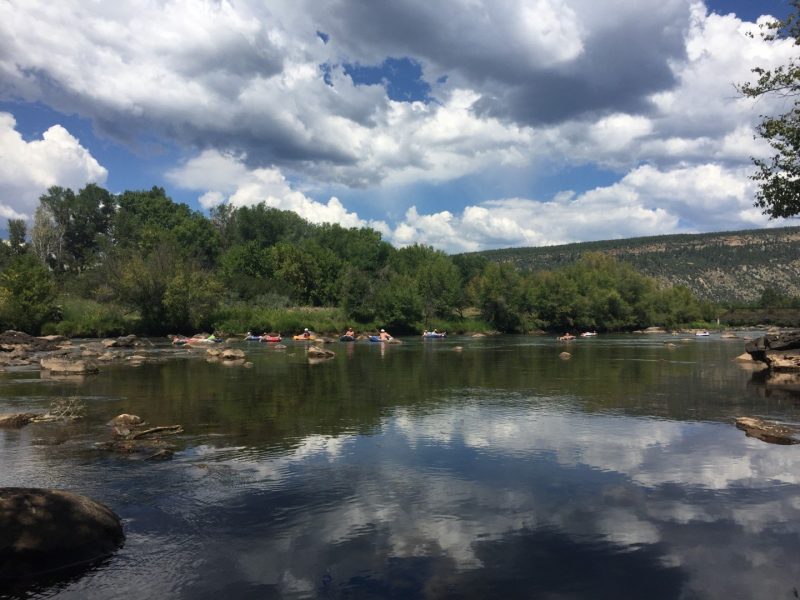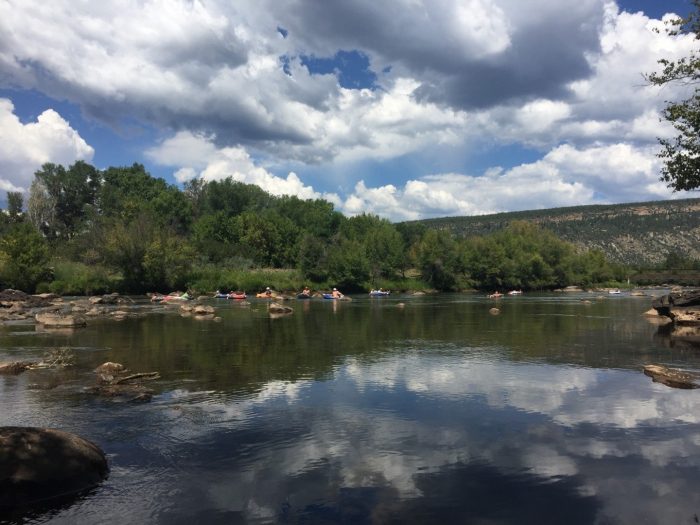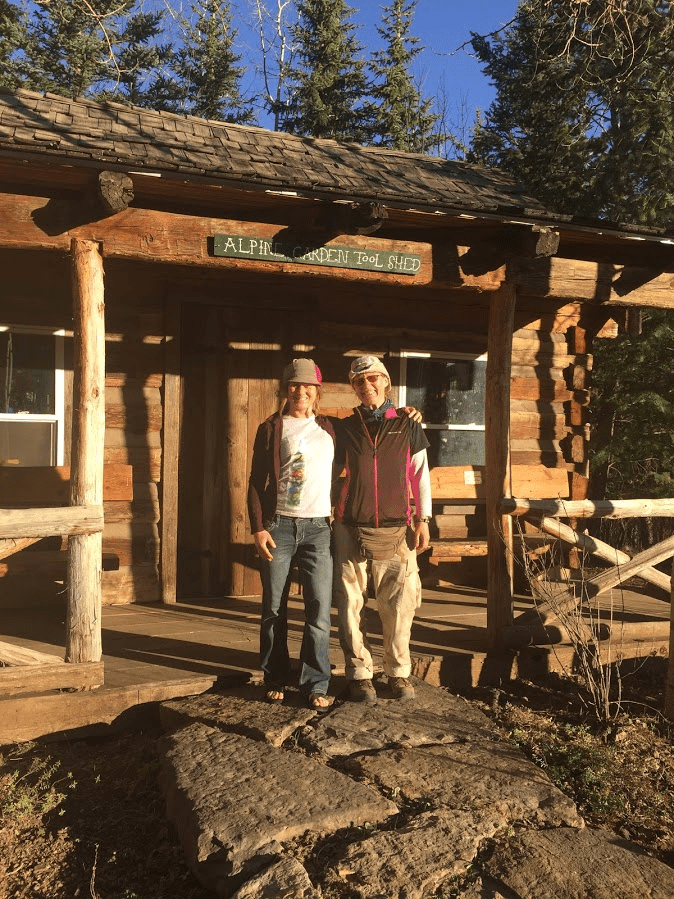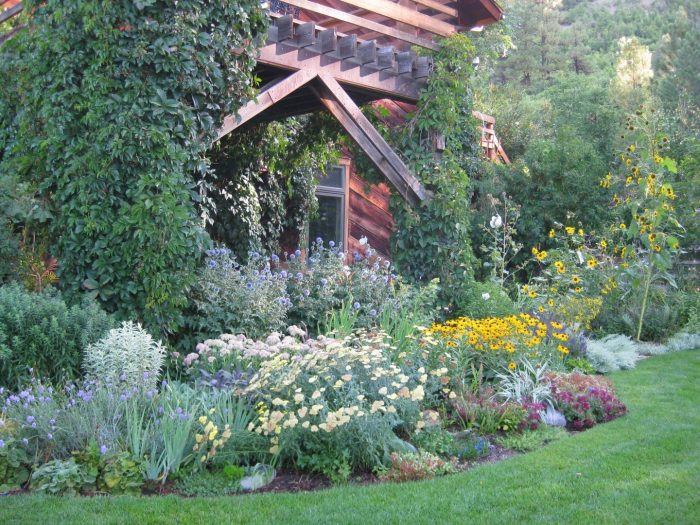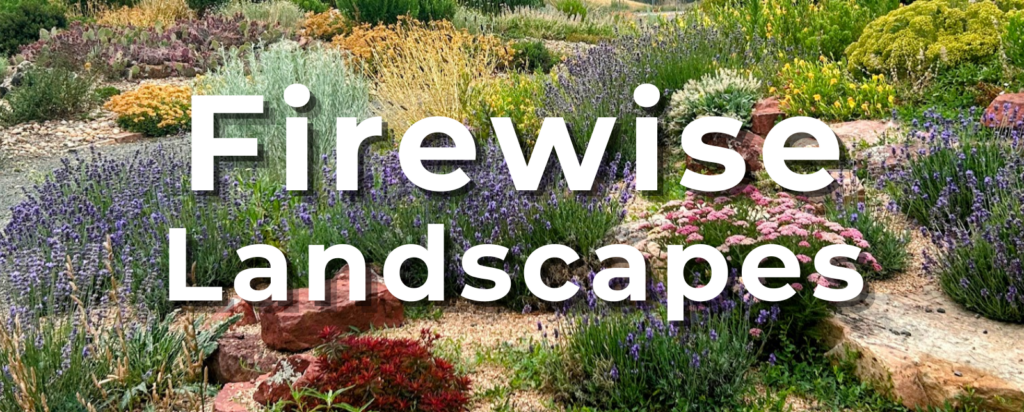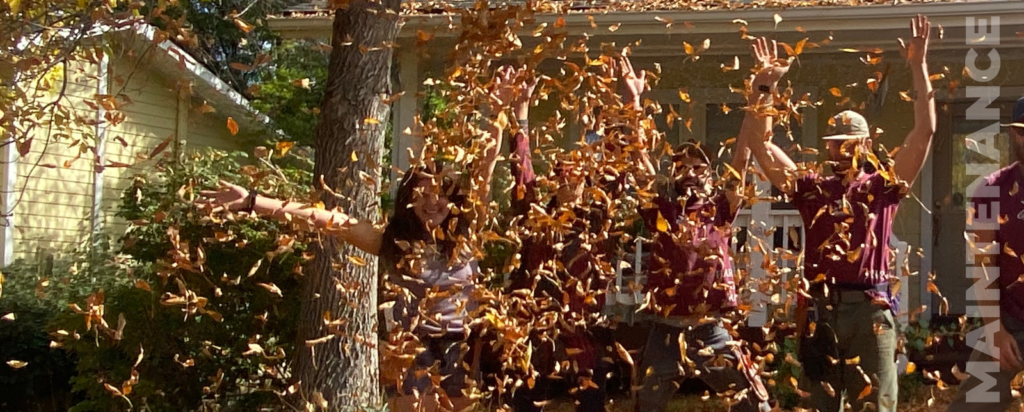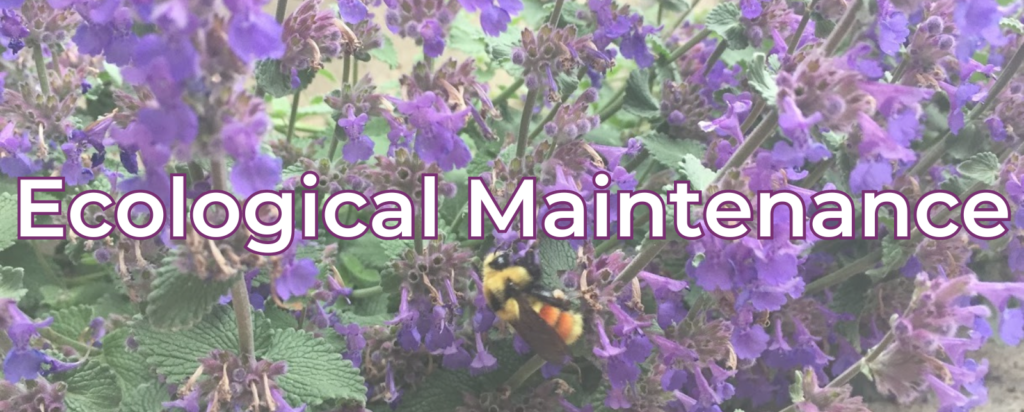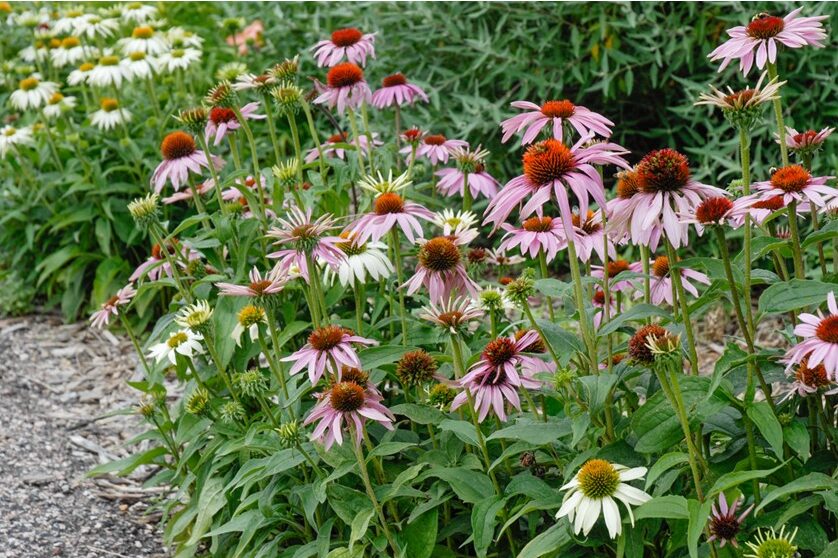Start with any one of these 5 steps as you embark on your journey of embracing Biophilia, and bask in the beauty and wellness you have available to you right here in Durango, right here at home.
-
Expand the foundation planting
The foundation planting is the traditional builder’s answer to landscaping: add a narrow strip of 18-24” between the house and lawn and cram some plants in there. They always look crowded to me, and it is not advisable to water your foundation here where we have expansive clay soils. Standard foundation plantings are almost always entirely eclipsed for the resident inside looking out.
Deepen the bed to ⅓ – ⅔ the distance out from the house in relation to the height of the house. Be sure to plant according to mature size. This approach allows plants to have more space fill out, informed by their own unique genetics – flowing, arching, graceful or irregular. They should not be planted where they need constant hacking to stay small enough to fit the space. There should always be enough room to walk between your plants and the structure they are adjacent to.
Your new expanded bed can be enjoyed by you as you approach your home, by your neighbors, and by you from the inside looking out. Ta dah!
-
Replace the lawn
Replacing your lawn all together, or at least expanding your bed size with gorgeous adapted, or native, water-thrifty plants increases diversity, which benefits pollinators, and makes your landscape more resource-efficient, attractive, and interesting.
You see, a lawn is a monoculture, a whole bunch of just one type of plant; grass. And grass is not of much value to pollinators since we rarely ever let it flower, and if we do, it is wind pollinated, so doesn’t benefit the all-important animal pollinators (yes insects count as animals).
Native and adapted plants require so much less water and fertilizer to be happy and look great, and when you mulch appropriately, not much weeding or herbicide is required either. Not to mention mulched perennial beds can be tidy and totally stunning with loads of color, blooms, texture and interest all year-long, as opposed to just plain old Kentucky-blue-grass-green. For heaven sake, this is Colorado, not Kentucky! Let’s show ‘em what we got!
-
Attract nature
One caveat, be wise about the nature you attract. Please avoid bird feeders during all the warm months when the bears are active, this includes hummingbird feeders at ground level. Avoid planting fruit trees, again for the bears. The bears are who lose if we attract them to our abodes.
That said, flowering plants that attract birds, bees, butterflies, and moths can welcome those pollinators without danger to anyone else. Birdbaths and fountains provide drinking water for the critters and bring that refreshing element into our outdoor living space for us to enjoy as well.
It can be so delightful to sit with your morning beverage and watch these real-life fairies of the natural world buzz around and witness the life-giving process of pollination happen all around you. I feel less stress just thinking about it.
-
Create welcoming spaces to sit
Does your outdoor space inspire you? Do you resonate with it? Does it create awe? Does it make you feel more peaceful after a busy day? How about during the busy winter holidays? Yep, biophilia can be at work in the winter too. That’s what “winter interest” is all about if you look at it within this discussion.
Strategically placing a whimsical bench or comfy chair in your favorite spot with the best view can be a good way to coax yourself outside often. I especially like to encourage people to have a seating area in the sun and in the shade so you can take your pick depending on the season and time of day.
-
Incorporate all your senses
The more senses you can involve in this mission to make nature an integral part of your life, the more you will benefit from its gifts.
There are many ways to bring the sound of water into your outdoor space that can be as simple as a plug in tabletop fountain. There are also some really nice water features that do a good job of conserving water. Don’t think you need to go to the cost and trouble of a pond or massive waterfall to achieve the effect of bringing the element of water to your landscape.
Plant plants that birds love and kick back, relax, and enjoy the whirring of hummingbirds, and the songs of all the birds that call Durango home too.
A firepit, fire table, or chiminea can be a fun, romantic or classy way to bring the element of fire to your outdoor living space. And then we just pray for enough rain so that we can use them wisely…
I love placing lavender and other fragrant plants near sitting and walking areas so that they will be brushed against, releasing puffs of magical fragrance that lift our moods and ignite our imaginations. Along similar lines, growing the nice soft, yet tough and adapted, lamb’s ear near an area where you spend time can be an inviting way to involve your sense of touch in your outdoor home experience. Borrowing views from the distance and framing them with plantings or pergolas can help in eliciting that sense of awe and inspiration.
To the glory of the garden! Eva
Eva Montane, certified Landscape Designer & President of Columbine Landscapes Co
A Natural Solution to Prevent the Need for Herbicides & Pesticides
In today’s world, where ...
Our 2024 Newsletter Theme: The Mechanics of a Sustainable Landscape
What is a sustainable l...
Myth Busting: Dry Streambeds, Cobble as Weed Control, Rototilling
MYTH #1 DRY STREAMBEDS ...
How Rain Gardens Emulate Nature’s Hydrological Engineers: the Beaver
If you’ve been readin...
Is “Nonvegetative turf” a Good Alternative to Traditional Lawn?
I know it can be a challenge t...
5 Simple Ways to Fine Tune your Watering for Drought Resiliency
Drought in our region is the n...
Tired of mowing your lawn? Dig into drought ready landscaping.
Did you see this article in fr...
Fall Forward: Tricks for enhancing your landscape with bulbs
Wait, didn’t we just spring ...
Lasagna Lawn Removal: How to Passively Get Rid of Lawn Over the Winter
As you may or may not know, th...
What is XERIscape & is it the same as ZEROscape, Drought Tolerant & Water-wise?
Good question. And great time ...
Durango Herald – Is Durango Doing Enough to Conserve Water?
We are proud to have been rece...
Rocky Mountain High; Touring Colorado in Garden Celebrity Style
My new friend Kit Strange and ...
Drought as the Norm
Look at how and when
 Eva Montane19 April, 2018
Eva Montane19 April, 2018Rocky Mountain High; Touring Colorado in Garden Celebrity Style
My new friend Kit St
 Eva Montane30 May, 2018
Eva Montane30 May, 2018For the Most Engaging Landscape
Hello and happy fall
 Eva Montane21 September, 2018
Eva Montane21 September, 2018

